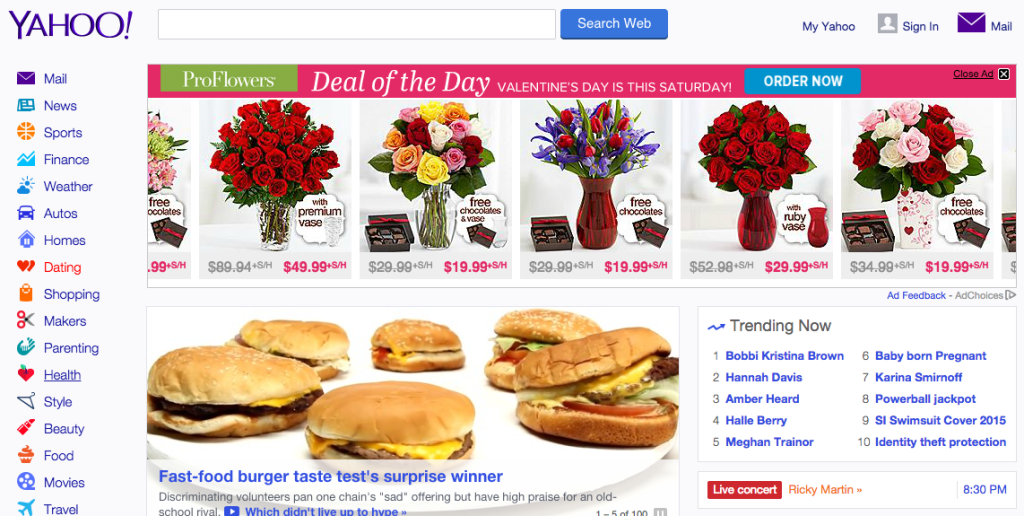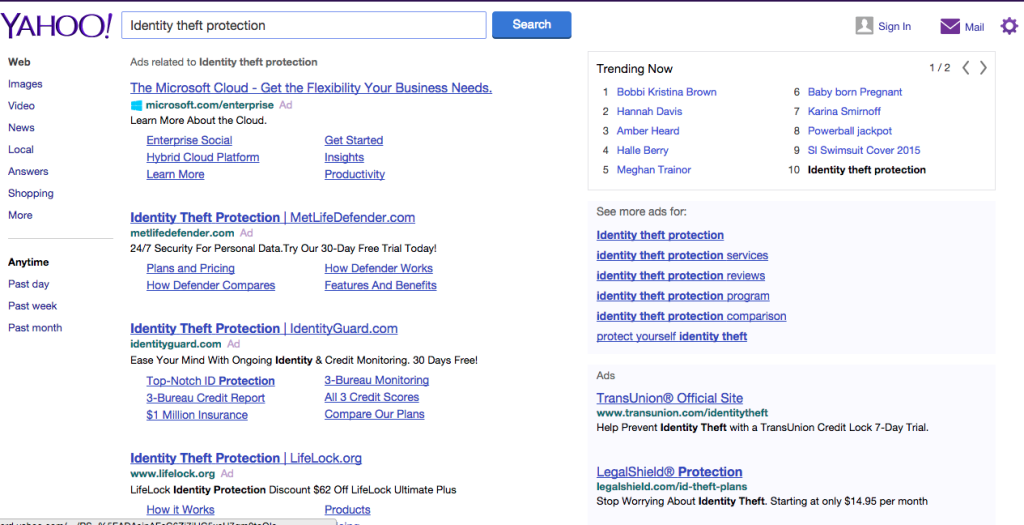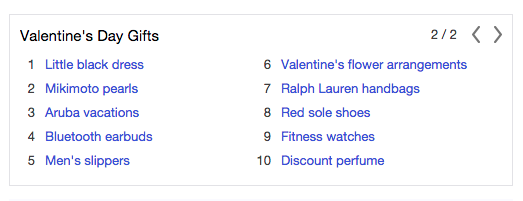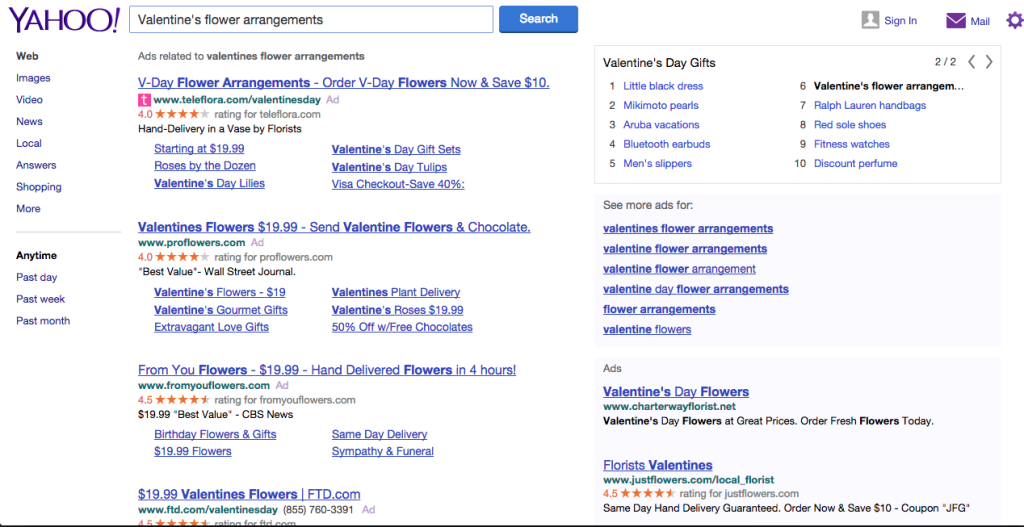The Dark Secret of Bing/Yahoo Search Ads
By Ilan Adler
This is blasphemy, this is madness!
This is B-I-N-G!
As you may recall from a previous post I wrote about Bing, I am not the biggest fan of Bing, especially not their subpar search advertising program. Even though they have somehow bribed people into writing ridiculous things like this, they are still terrible.
I already wrote about their myriad account issues in my previous post, mainly the fact that they are “looking into it“. Their collaboration with Yahoo has caused PPC account managers all over the globe new headaches, which originate by having the same ads platform. Much has been made in the press about Marissa Mayer’s ballyhooed hijacking of Firefox to use Yahoo as the default search engine. Even more has been made about the increased revenue that they see from this. But what is the dark secret behind all this? Danny Sullivan wrote about this issue way back in 2011, yet it still continues to haunt advertisers to this day. What is the problem? Yahoo has perfected a new type of misleading so called “search” ads; Yahoo’s Trending Now section on it’s homepage.
Here is a screenshot of the Yahoo homepage at the time of writing:
Note the “Trending Now” in the prominent position in the right-middle part of the screen. Some of these are trending stories, but the dark secret is that some of these are competitive searches, with a lot of advertisers bidding on them. Look what happens when we click on identity theft protection:
We receive a page full of paid search ads. Not just one or two but six (!) ads, and no organic results (!!!) above the fold on my laptop screen (13.3 Macbook). What’s more is that you may notice that the “Trending Now” section has another page, which is also seen on the homepage. Today is February 11th, and what is trending?
Not surprisingly its a bunch of generic Valentine’s Day keywords. But you know who likes generic Valentine’s Day keywords? Advertisers, especially those that need to capitalize on holiday searches. Clicking on of these “trending keywords” quite obviously leads to this:
Yes how shocking, another page chock full of search ads. What’s even more devious about this tactic? You can’t opt out of it proactively! Meaning that you could be checking your campaign one day, and seeing that all of a sudden you had a HUGE traffic spike from your ads, you hit your daily budget cap, and you only see (maybe) a few extra sales from it. Complaining to your Bing AM might get you a refund, but won’t do you much good since you can’t opt out, or know which crappy secret beta you might see next. Even worse you can’t set a bid adjustment for these types of clicks, so you are paying the same for these that you pay for those click that came with actual search intent, which is mind boggling!
The account managers also have the audacity to tell you that this has worked well for some of the advertisers, and that even though the users didn’t type in the query, they made a conscious decision to click the query that best fits what they are looking for (even though they weren’t really looking for it, they just saw it trending). Oh and make sure you set a conservative budget, so that you won’t lose so much money the next time we throw you in these fake searches.
I find it hard to believe that such a devious tactic is still going on today. Think of how many millions have been made off advertisers who aren’t quite savvy or focused. How many PPC managers have gotten their head chewed off because of this thing? How is it reasonable to not know that you may be included in these trending terms, or to set a adjusted bid for clicks that are coming in from them (since it’s basically a form of display advertising).
The Yahoo-Bing alliance strikes again, this time by raiding the pockets of its own customers. Call me a Google fanboy, but in the competitive search ads game, its all about performance and results:






1 Comment